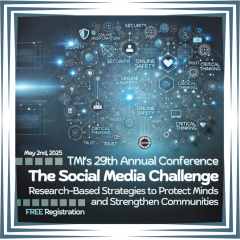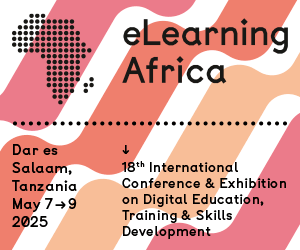eLearning Africa: The Call for Papers Is Now Open
Cotonou (BEN), October 2011 - eLearning Africa invites experts and stakeholders engaged or interested in ICT-based education, training, and development on the African continent to submit a proposal for eLA 2012, being held 23 - 25 May in Cotonou, Benin. Practitioners and academics active in the African context are cordially invited to become involved.
Successful applicants will be offered a significantly reduced Conference registration fee. The deadline for the receipt of all proposals is Friday, 09 December 2011, and those who make a submission will be notified by the end of March 2012.
As Africa's largest annual conference on education and technology, eLearning Africa provides both an important forum for discussion and an unrivalled networking opportunity. eLearning Africa 2012 takes place at Le Palais des Congrès de Cotonou under the patronage of Hon. Max Ahouêkê, Minister of Communications and New Technologies.
The focus of eLA 2012 will be on education, development and sustainability. The host country, Benin, not only has a rich cultural heritage but also a significant record of achievement in education over the last decade. eLearning Africa 2012 promises to be an event that should not be missed.
By focusing on eLearning and sustainability, eLearning Africa 2012 highlights the importance of developing a sustainability lens when conducting eLearning work and explores creative ways in which eLearning can support a global renaissance. Can the eLearning sector rise to this challenge?
How can eLearning support the development of an educated and skilled workforce necessary to improve livelihoods, grow safe living environments, preserve our natural environment, achieve food security, promote prosperous economies, establish accountable politics, and build equitable social systems? Can eLearning help Africa's development move on to a sustainable path?
eLearning Africa 2012 invites open conversation, debate, and shared learning on this important topic. The Conference is built around five major themes:
- Sustainable communities
- Appropriate and sustainable technologies
- Sustainable economy, culture, and society
- Sustainable resources
- Sustainable change management.










